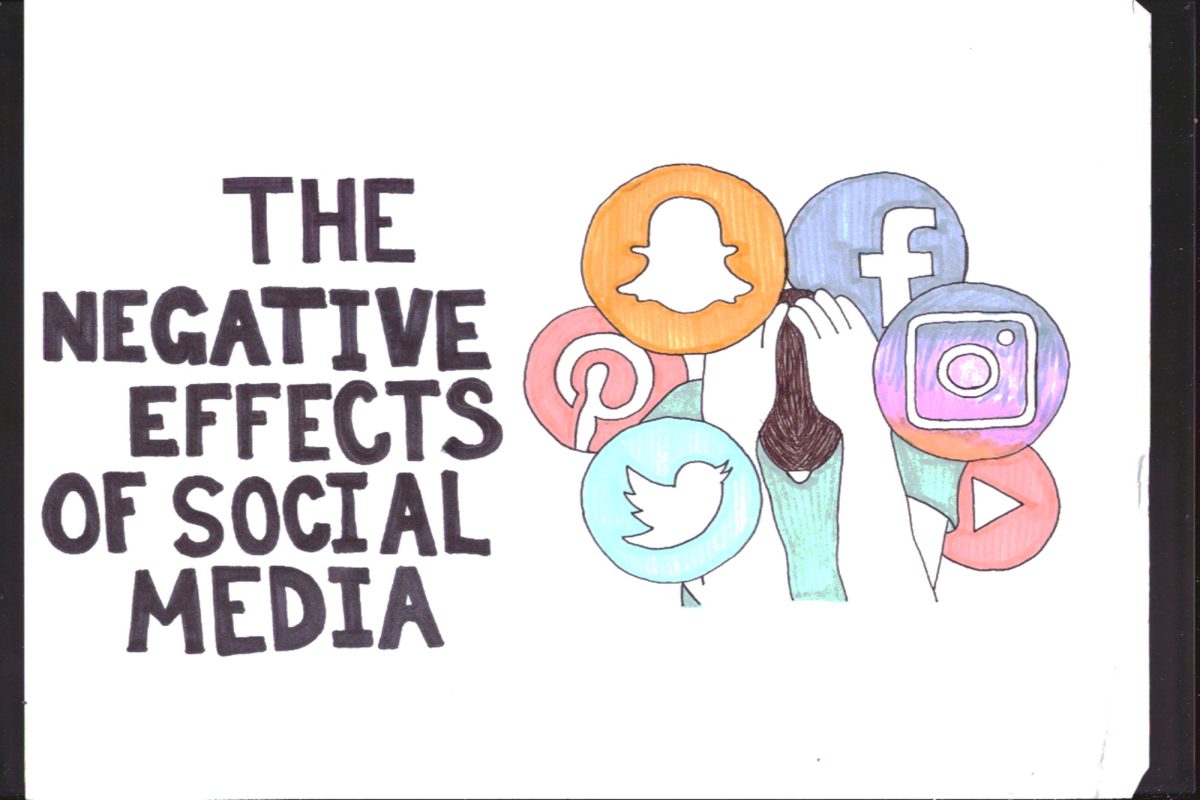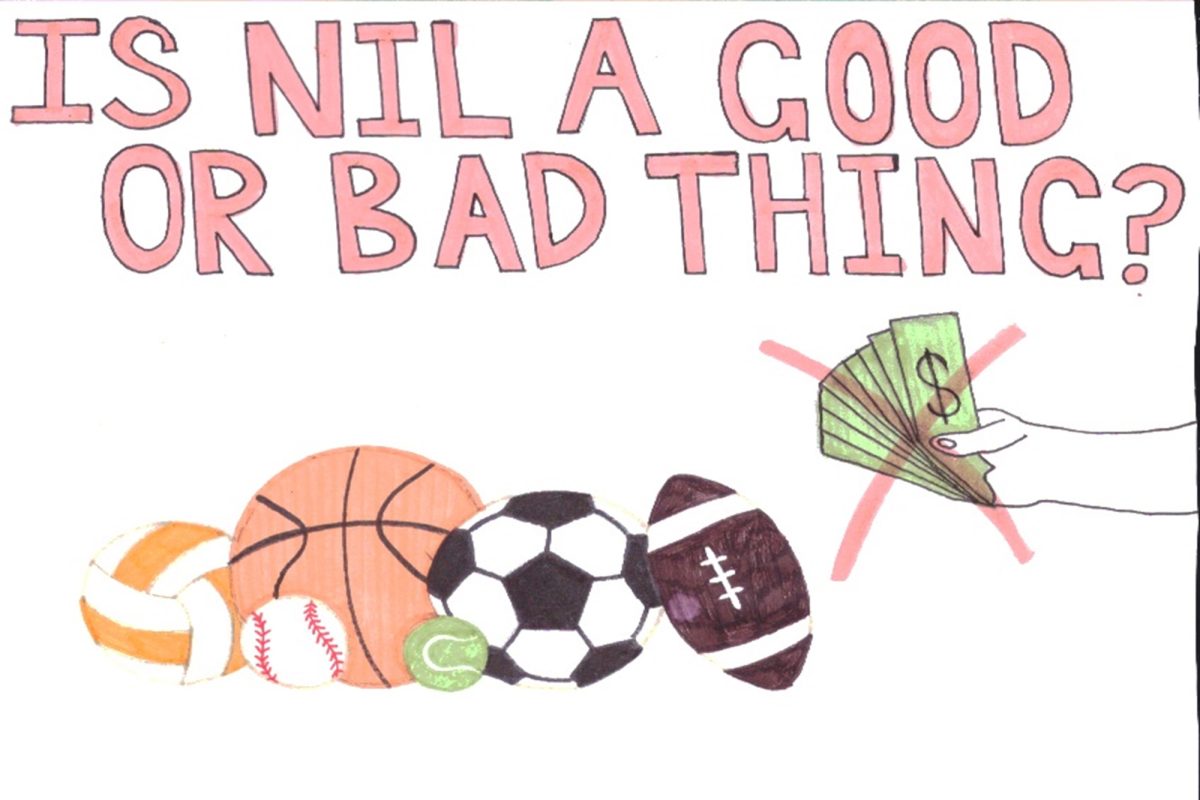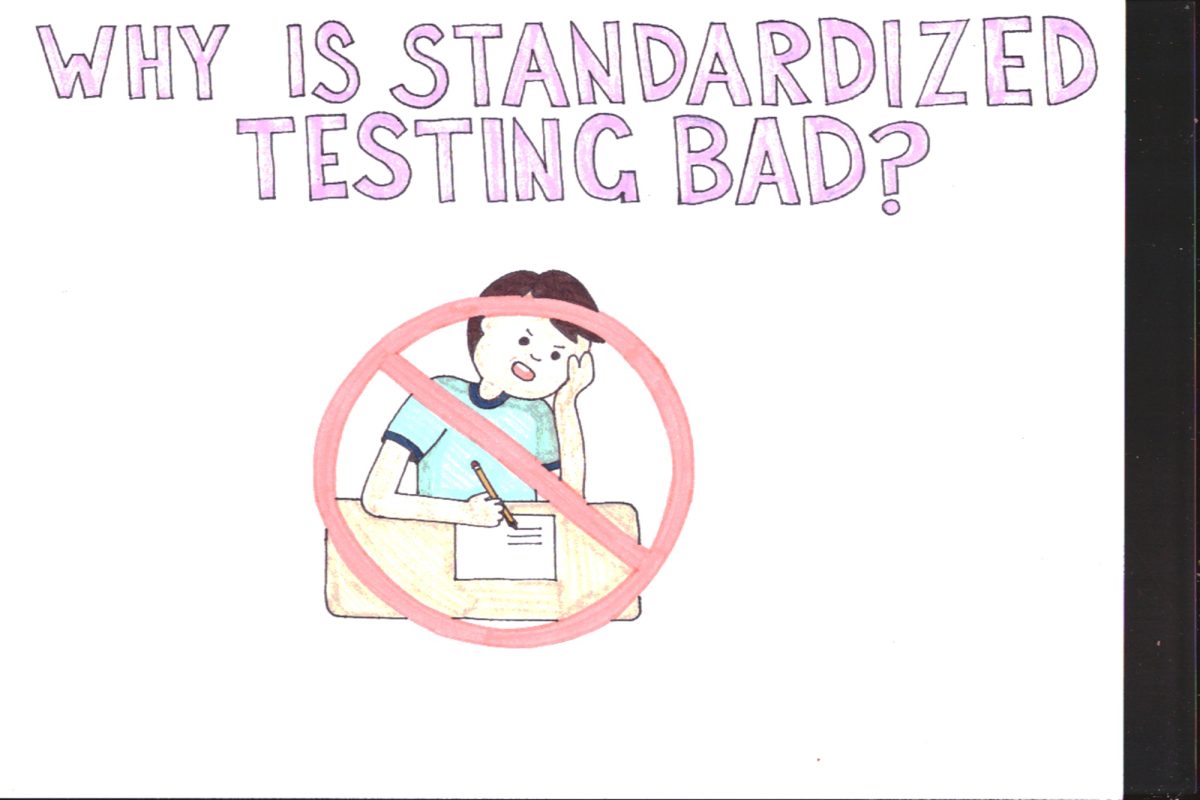“Education is an emotional experience; if you are in a good frame of mind, you are much more perceptive to learning,” Gifted Resource teacher Mrs. Roberson said.
Outside of traditional school subjects such as math and science, Social Emotional Learning (S.E.L.) focuses on growth and developmental areas of education. A goal of S.E.L. is to provide students with extra knowledge and skills that help them in ways outside of traditional standardized testing. This teaching begins at birth and is structured to slowly progress as each human matures. The core principle of S.E.L is that self control and healthy expression of emotion is a prerequisite for traditional schooling, and the future of our children.
Although these lessons are not new per se, S.E.L. became more prevalent during the Covid pandemic when students were forced to learn virtually and had little to no face-to-face social interaction with their peers. Teachers were tasked with adding additional mini-lessons into their virtual daily plans as a “check-in” to ensure that their students hadn’t become lost in a more negative headspace.
Since, these types of lessons are intended to be taught during advisory bells, study blocks, or during a home-room bell. Activities that support S.E.L. can include journal writing, gratitude lists, group challenges, and brain breaks. Teachers chose to keep encouraging students to exercise their brains and learn social skills in a fun way.
There are five values that S.E.L. aims to successfully accomplish through its lessons: self-awareness, self-management, social awareness, relationship skills, and responsible decision-making. These principles are effectively taught through lesson plans and activities specifically targeting these goals.
According to Meta analyses data collected from 356 reports researching and testing students who are affected by S.E.L., each student’s academic performance improved significantly as a result of the program. This data shows the direct effect that Social Emotional Learning has not only in the classroom through grades, but also through their everyday lives.
Social Emotional Learning can be depicted by some as pointless. From November 2019 to April 2021, spending for this program skyrocketed $765 million.
According to aei.org, A 2017 RAND Corporation review identified 68 S.E.L. studies analyzing three different areas. The results showed no academic benefit from Social Emotional Learning, making the program seem to not have much of a backbone.
Others will argue that Social Emotional Learning was created to improve students thinking, not to teach. S.E.L. aims to encourage kids to freely express their emotions and learn how to do it in a healthy way. These ideas may seem random or pointless, but there is evidence to support its positive effects. S.E.L. was not only created to improve test scores, it was created for students’ mental health and how they approach all situations for the rest of their lives. Research based solely on the results academically are irrelevant because S.E.L. is so much more than that.
However, the ideas of S.E.L. have become more popularized, even the states themselves are embracing the curriculum of S.E.L. and its benefits.
According to Atlanta Public Schools , The principles of S.E.L. improve the ideas of equity through education for students to apply within their community and how they form relationships. The overall improved attitudes of students through S.E.L. only show the immense benefit that it provides for all. The Wisconsin Department of Public Instruction defines S.E.L. as a process where students learn to understand their emotions and apply positive skills and attitudes to their everyday lives and relationships.
Overall, Social Emotional Learning starts the conversation about schools teaching to improve kids in all life skills. It’s a developing program that has a bright future. Focusing on checking in with students and making them feel like humans instead of academic robots is a great step moving forward. Educators are moving towards a more mindful environment. This can positively affect them in their careers, families, and friendships. Hopefully S.E.L. will continue to flourish, and students will benefit immensely as a result and apply those skills to their everyday lives. Everyone should be in favor of Social Emotional Learning in the classroom for the greater benefit of the upcoming generation.






